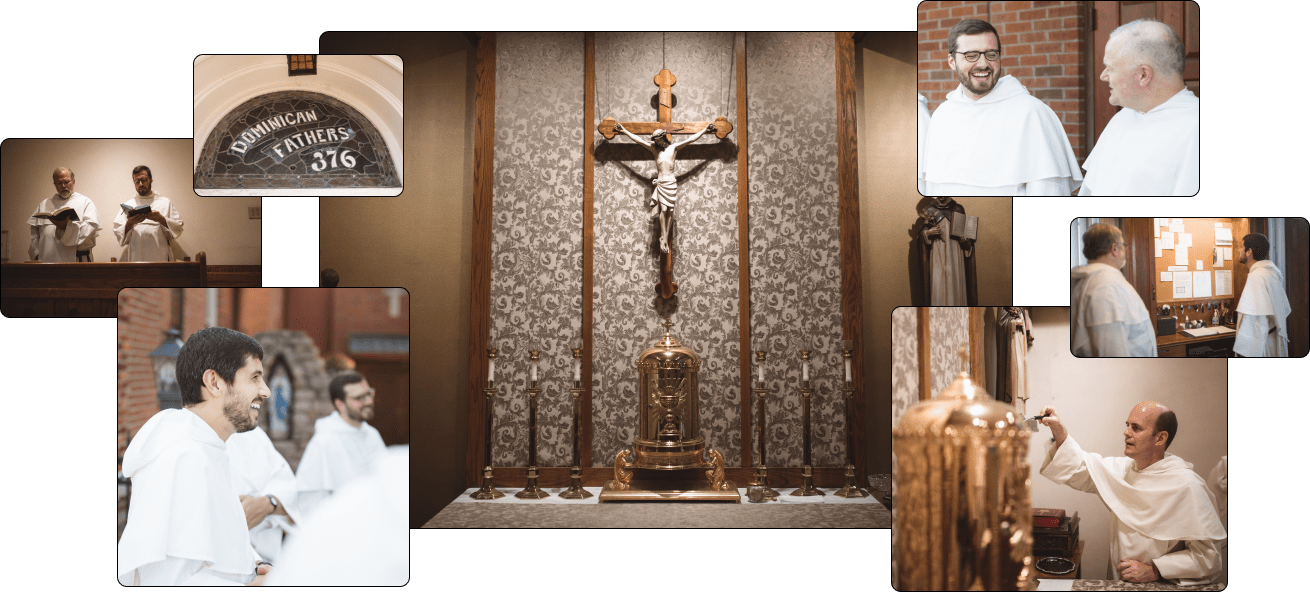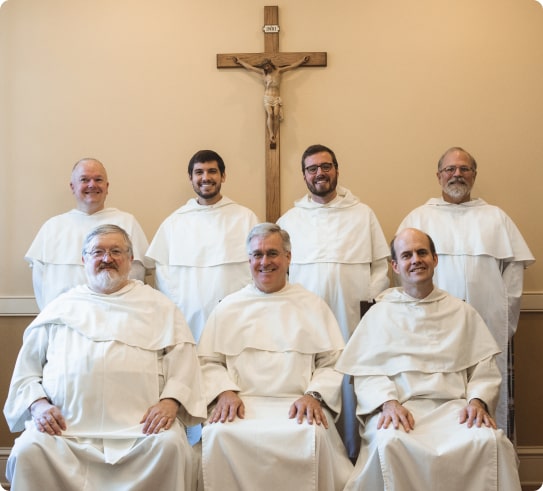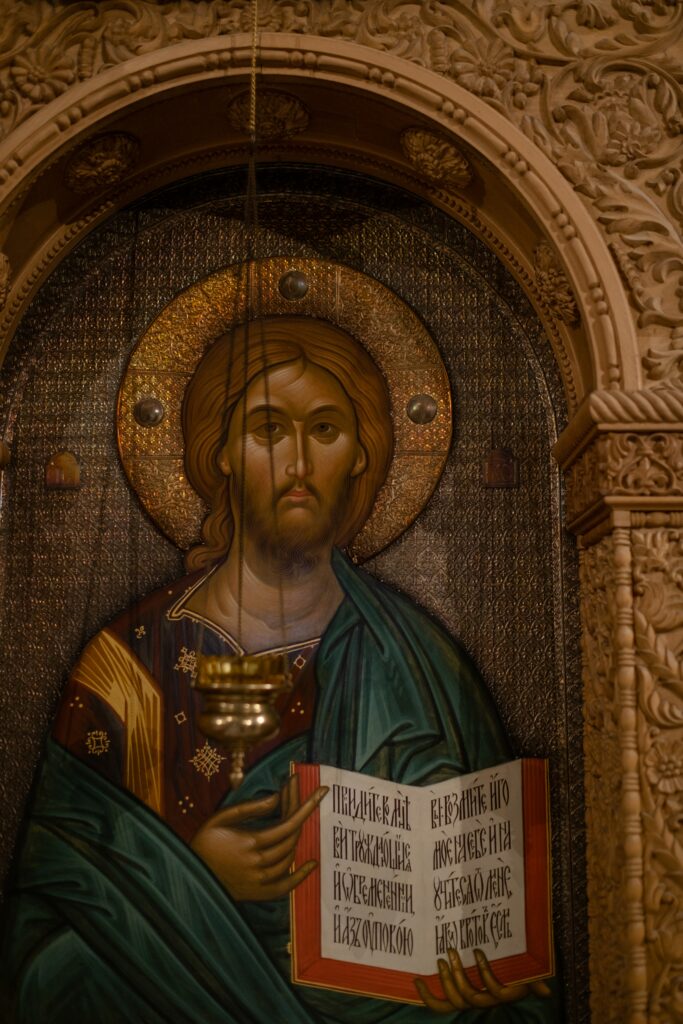Today begins a new year of grace. We are in Ordinary Time, with the festivities of Christmas and Epiphany already past.
I was recently contacted by the National Conference of Catholic Bishops concerning their planned Eucharistic Revival over the next few years. The Bishops have been most concerned about the reports, primarily from a study by the Pew group a couple of years ago, concerning the lack of knowledge of the average Catholic of the authentic doctrine of the Holy Eucharist. Making this part of regular preaching is certainly something certainly towards which we need to work. I do wonder, however, what kind of other preparation might be needed for those who don’t believe this teaching to receive it in the first place.
I think it is a fairly small thing to move from the truth that Jesus Christ, God made Man, the Word Incarnate through whom all things are made, the One who is behind all that is, who built the stars and the rest of the universe some less than dust, and the truth that he provides himself to us in the Blessed Sacrament as food, medicine and presence.
The more difficult thing for the modern mind, I think, is the acceptance of the truth that Jesus Christ is in fact God, the uncreated Reality beyond the universe. Most of us who have received a university education have been immersed in materialism and relativism, and yes, hatred of Christ and Christianity which is part of that experience, even at some Catholic colleges and universities. The existence of God, and the reality of his Christ, is under constant challenge.
My own meditation on this focuses is on the creation scene in the first chapter of John’s gospel: the juxtaposition of the God’s Kingdom of Light with the Realm of darkness, the ancient Abyss discovered by the Light of God in the first lines of Genesis, the realm where the Ancient Serpent dwells, where those who are committed to deeds of darkness run from the Light that shows them to be what they are. I have wondered if part of the problem from the materialist point of view is not only that one committed to darkness cannot see light, but, being blind, cannot see the darkness either. And so we have two sets of people all beloved of the God who summoned them into existence, living in two different universes side by side, a situation in which Light and Dark share only and precisely the material creation.
So perhaps the first order of business is not relying on human philosophy, or human wisdom at all. The Light that shines in the darkness is first of all the gift of the Father above, the Holy One of Israel. The Scriptures call that Truth “Emet” ( אֶמֶת ) , and the sages call it “the seal of the Holy One”. This Truth is not to be conceived as a set of intellectual solutions, but the active and loving commitment of the Creator to the creation he forms. This Truth is the origin of reality, and the promise of its persistence. This Truth is a Person, as Christians know, “ Your Word is Truth” (Jn 17:17b). It is the presence of the Word made flesh, this loving commitment which is the Divine Truth come to us, shining in our lives, that sanctifies us for service to the Most High.
So the first thing to do, it would seem, is to open our hearts and souls entirely to this Person, this Truth, this Jesus Christ. Let Him be our companion from day to day and moment to moment. Maybe we need to focus less on winning arguments and more in consecrating our hearts to the Truth in word and in deeds. “Sanctify them in the Truth” (Jn 17:17a)
This also suggests that we need to introduce our young people to real prayer and a commitment to holiness much earlier than we have been doing it. Parents need to be fully on board with the project of training their children to be saints. Families need to incarnate, day by day, the life of Holy Church in miniature. If our lives are filled with this Light, we will bring that Light to the Darkness in our words but perhaps more importantly in our deeds. If Christians are filled with Christ’s light, it will accompany them wherever they go, and by the grace of God, bring light and trutht to the lives of those who still “ dwell in the darkness and the shadow of death” (Lk 1:79).
Fr. Stephen Dominic Hayes, OP



